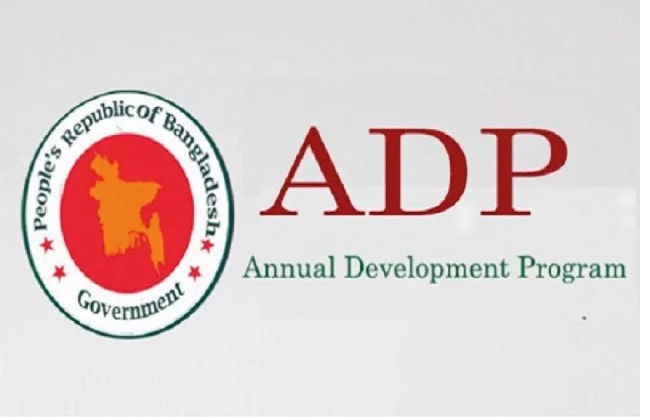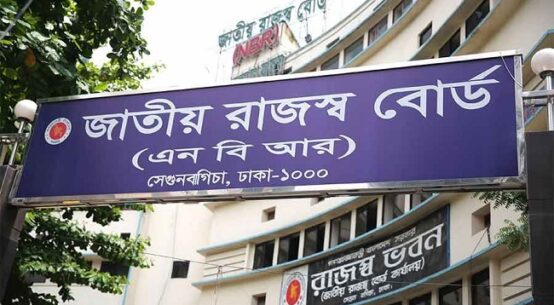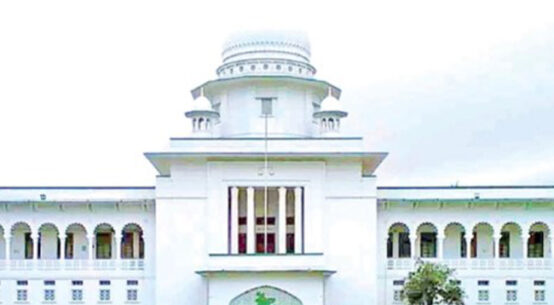
The Asian Development Bank (ADB) has approved a $600 million policy-based loan (PBL) for Bangladesh to support the country’s structural reforms.
The reforms are aimed at strengthening domestic resource mobilisation, improving public investment efficiency, fostering private sector development, reforming state-owned enterprises, and enhancing transparency and governance.
“ADB’s PBL promptly responds to Bangladesh’s immediate development financing needs following the political transition. The reforms target improvements in economic management and governance as well as economic diversification and competitiveness,” said ADB Regional Lead Economist AminurRahman.
He said, “ADB’s programme was developed in close collaboration with the International Monetary Fund, World Bank, and other development partners.”
The ADB approval came amid a decline in foreign exchange reserves, with the government striving to raise the reserve to meet the requirement for essential imports and overseas payment obligations. The reserve, according to Bangladesh Bank sources, is hovering around USD 20 billion.
Bangladesh faces significant challenges with revenue mobilisation, having the lowest tax-to-gross domestic product ratio globally at only 7.4%.
The loan programme will enable Bangladesh to implement critical policy measures to increase domestic resource mobilisation, focusing on digitalisation, green initiatives, rationalising tax incentives and exemptions, and measures to improve taxpayer morale.
Another key goal of the PBL is to enhance transparency and efficiency in public investment projects through increased digitalisation. The programme supports private sector development and foreign direct investment (FDI) by streamlining regulations and fostering a level playing field.
More than 130 services have been made available on an integrated online platform to simplify business creation and operations.
Besides, the reforms aim to improve governance and performance monitoring of state-owned enterprises, simplify FDI approval processes, and promote institutional reforms in the logistics sector.
This “whole of government” approach to logistics is expected to reduce trade costs and promote export diversification.
The ADB remains committed to achieving a prosperous, inclusive, resilient, and sustainable Asia and the Pacific while continuing its mission to eradicate extreme poverty.
Established in 1966, the organisation has 69 member countries, with 49 from the region.


